Week 1: Limited Technology Skills and Limited Technology Access
LOC 1: Identify and explore the meaning of limited technology skills and limited technology access
Learning Objectives
By the end of this week, participants will be able to:
- 1.1 – Familiarize themselves with the assumptions of andragogy
- 1.2 – Explore personalized learning and identify factors of adult student learning
- 1.3 – Develop student profiles for their adult students
Materials Needed This Week
Here is a list of materials you will need while completing this week:
- Writing utensils
- Highlighters
- Ruler
- Sticky Notes
- Dictionary/Glossary booklet
- Blank notebook/journal
- Blank paper
- Computer/laptop
Key Terms
Add these key terms to your personal dictionary/glossary booklet. These important key terms will be used throughout module 1, week 1. If there is no link attached to the definition, be assured that the term will be defined throughout the week. We encourage you to further investigate the definitions in order to expand your knowledge.
- Digital Skills (Limited technology skills)
- Limited technology access
- Andragogy
- Personalized learning
- Student profiles
- Universal Design for Learning (UDL)
- Differentiated instruction
 Questions to Consider
Questions to Consider
1. Why is it important to get to know the meaning of andragogy? For your practice? For your adult students?
2. What do you need to consider when developing and delivering lessons to adults that have limited technical skills or limited technology access?
3. How will you develop, adapt, and deliver lessons to adults that have low-level skills when it comes to technology?

“Practice makes progress, not perfect.” — Unknown
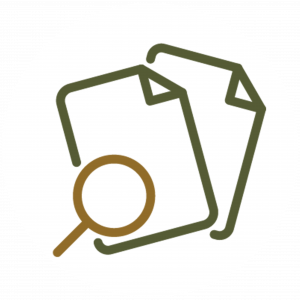 Review
Review
View the following video which will garner perspective on the adult learning theory.
Video: Knowles’ Adult Learning Theory or Andragogy – Simplest Explanation Ever (11:29)
Click here for a video transcript in .docx format: Video Transcript
Consult the following resources and interpret the necessary information with your preferred method of note-taking.
Find out what the term andragogy means and how to apply its relevance to your adult learners by consulting the following resources.
Video: Adult Learning Theory (2:20)
Click here for a video transcript in .docx format: Video Transcript
Video: Andragogy (14:51)
Click here for a video transcript in .docx format: Video Transcript
Activity
After reviewing the resources above, reflect on these questions.
Click the following link to download the PDF to consult the guide that will give you a perspective on personalized learning.
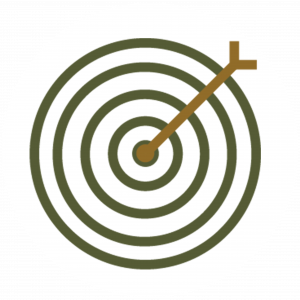 Identify
Identify
After reading the above-mentioned guide, fill out or print the PDF template provided to make a list of personalized learnings that you need to consider when teaching adults who have limited technology skills or limited technology access.
Personalized Learning List (PDF)

“Teachers craft classrooms that are good matches for their teaching styles as well as for learner needs.” — Carol Ann Tomlinson
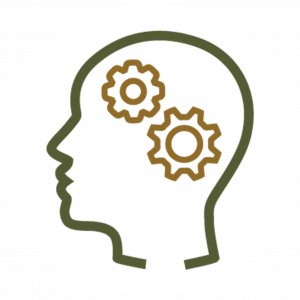 Develop
Develop
 “Education…is a painful, continual and difficult work to be done in kindness, by watching, by warning,… by praise, but above all — by example.” — John Ruskin
“Education…is a painful, continual and difficult work to be done in kindness, by watching, by warning,… by praise, but above all — by example.” — John Ruskin
Activity
From your developed list of personalized learning, reflect on these questions:
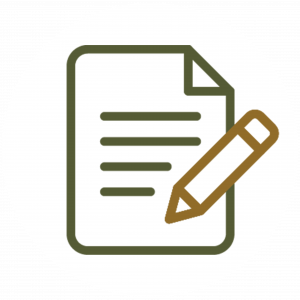 Apply
Apply
Activity
Before continuing, take a moment to reflect on these questions:
Consider all the information accessed during week 1 of module 1 and fill out or print the PDF template provided to create a student profile or individualized learning page for every adult student currently in your class.
Student Profile Template (PDF)
 Take Away Toolbox
Take Away Toolbox
- Personalized Learning List (PDF)
- Student Profile Template (PDF)
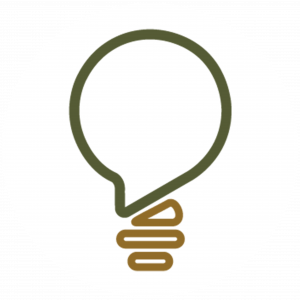 Reflect
Reflect
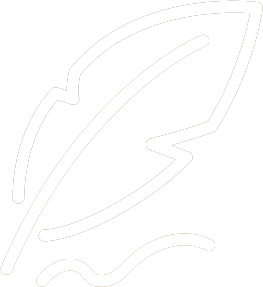 Handwritten Wisdom Journal
Handwritten Wisdom Journal
A Wisdom Writing Journal is a way to notarize your learning journey throughout the weeks during all the modules in this course. It will also permit you to demonstrate that no technology is required to focus on reflective practice. There is a variety of writing journal tools that you can choose from that require technology, however, throughout this course, it is important that you experience and model a no-technology required method in order to relate to those students that have limited or no access to technology.
Take advantage of jotting down your thoughts, frustrations, joys, aha moments, and new information acquired as the result of your hard work. Critical reflection time required at the end of each week will be a culminating result of YOUR own personal Learning Narrative.
Using your own personal writing journal, write an entry for this week’s prompts:
- After considering your teaching methods and the needs of your students, what will be your best approach to a student when they have no technology?
- What will be your approach to an adult student that has low or limited skills when it comes to technology?
- How will this new approach to lesson design and development for these adults students help them? Help you with your teaching practice?
- Based on the information that you have learned this week, how would you review, identify, develop, apply, and reflect?
Note: Be sure to justify each of your answers or comments.
Optional Resources
These resources are not required to be viewed; however, they give further information on this week’s topics:

